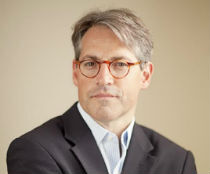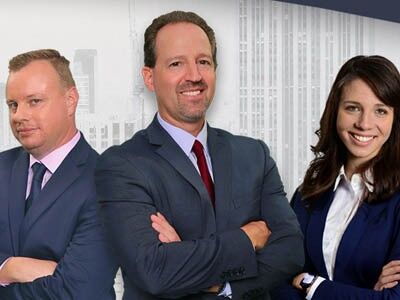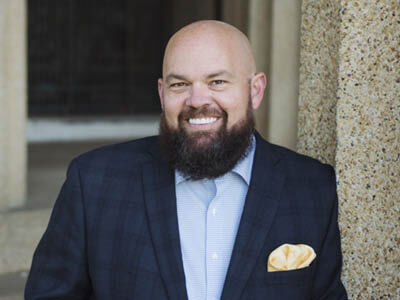Church of England to choose new leader in an institution hoping to recover from scandal
News > Religion News

Audio By Carbonatix
12:51 AM on Friday, October 3
By DANICA KIRKA
LONDON (AP) — The Church of England’s long search for a new leader is set to end Friday amid hopes the next Archbishop of Canterbury will help the church recover from scandal and guide the global Anglican movement through disagreements over sex and gender.
The former archbishop, Justin Welby, announced his resignation in November after an independent investigation found he failed to tell police about serial physical and sexual abuse by a volunteer at Christian summer camps as soon as he became aware of it.
The announcement of a new Archbishop of Canterbury was expected Friday. The spiritual leader of the Church of England, and the symbolic head of the worldwide Anglican Communion, will have to confront concerns that church leaders haven’t done enough to stamp out the sexual abuse scandals that have dogged the church for more than a decade.
Welby’s successor also will face divisions over the treatment of women and LGBTQ people.
“The new archbishop will be faced with declining church attendance, bloated management structures and clergy squabbling over what people do in the bedroom,” Andrew Graystone, an advocate for church abuse survivors, told Britain’s Press Association. “But the biggest challenge for the new archbishop is to restore trust after a decade of abuse scandals.”
While the choice of the new archbishop will be made in England and ratified by King Charles III, it will have ramifications around the world.
The Anglican Communion has more than 85 million members spread across 165 countries, including the Episcopal Church in the United States. While each national church has its own leader, the Archbishop of Canterbury is considered first among equals.
But forget any two-day conclave punctuated by a puff of white smoke, like the one that selected Pope Leo XIV to head the Roman Catholic Church in May.
The process for choosing the next leader of the Church of England has been an 11-month marathon presided over by that a committee of some 20 people chaired by the former director-general of MI5, Britain’s domestic spy agency.
“At least on the last few occasions, a new pope has been selected at great speed, but to select the Archbishop of Canterbury, which is not exactly equivalent but what many might see as a relatively equivalent position, it takes months,” said George Gross, an expert on monarchy and modern religious thought at King’s College London.
But it’s not the most transparent of processes. There is no published shortlist of candidates, nor an open vote. It’s more a slow process of sounding out various interest groups to figure out which of the current bishops might be able to lead the church forward.
Two of the most mentioned candidates this year are women. That would be a major milestone for a church that ordained its first female priests in 1994 and its first female bishop in 2015.
“And if you can have a female prime minister, you have a female monarch … why can’t you have the female archbishop of Canterbury?” Gross asked. “But it would be a very significant moment if it happens.”
One of those thought to be a contender is Guli Francis-Dehqani, the bishop of Chelmsford, a former refugee who fled Iran with her family in the wake of the Iranian revolution in 1980.
During a global debate about immigration, Francis-Dehqani has said she has a “sense of the real trauma that many asylum seekers have experienced.’’
Others tipped for the role include the Bishop of Gloucester, Rachel Treweek, who made history in 2015 by becoming the first female bishop in the House of Lords.
Others thought to be in the running include the Bishop of Bath and Wells, Michael Beasley, a former epidemiologist who helped guide the church through the Covid-19 pandemic.








